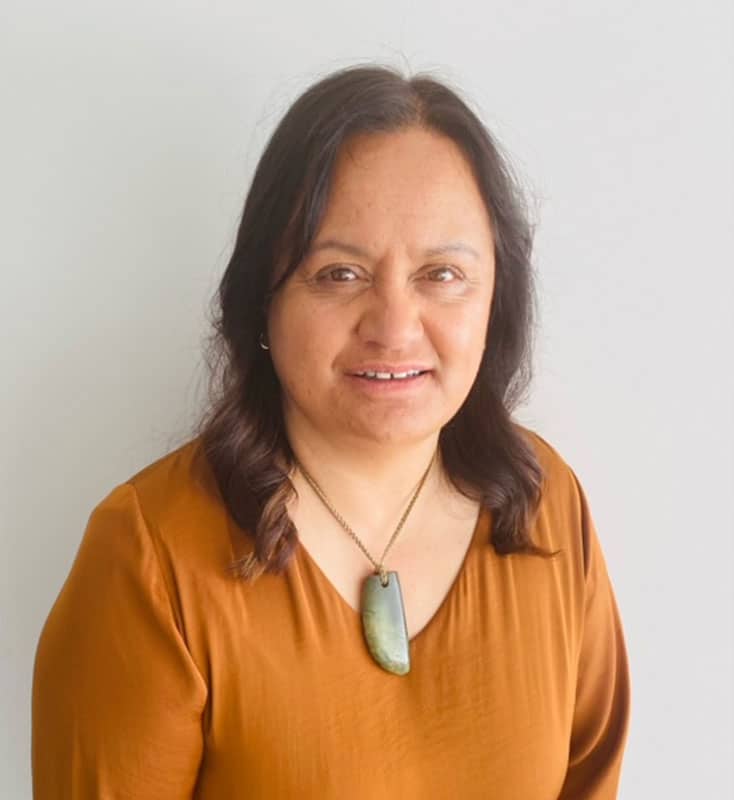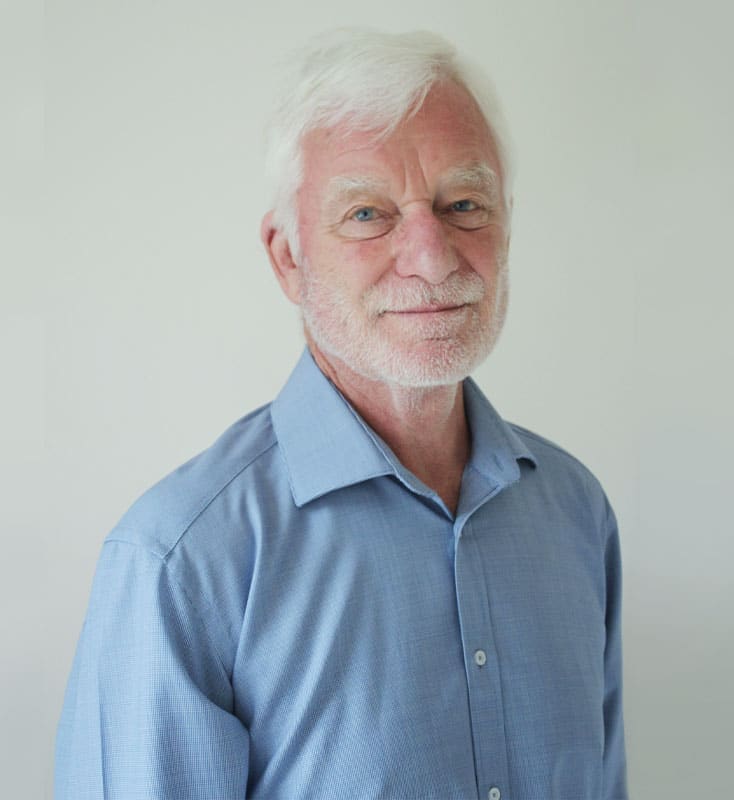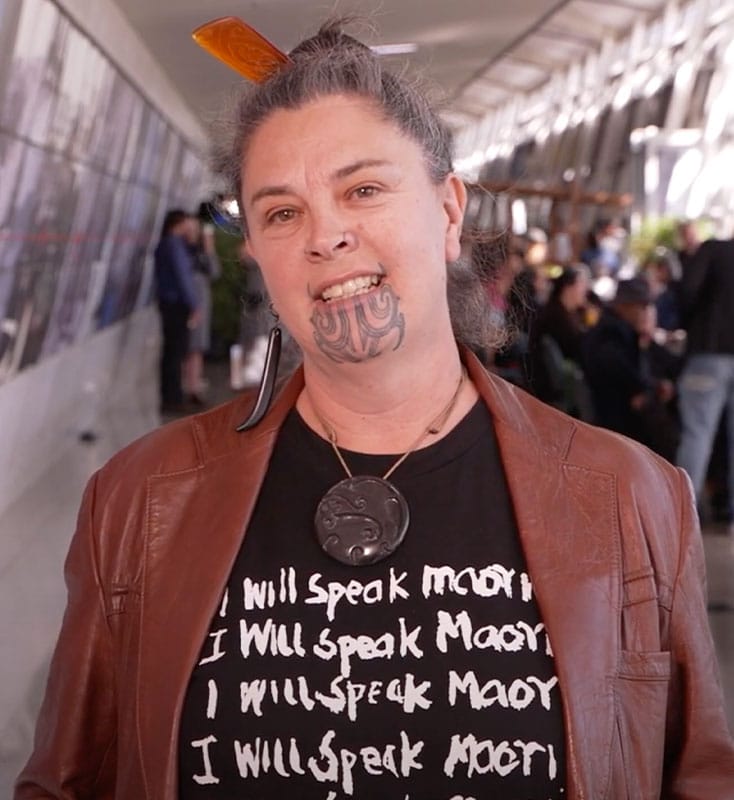Rawiri is an experienced Senior Executive and Director, having held senior roles in Local Government and Crown Agencies. Rawiri is currently employed by Ngāti Toa Rangatira as Pou Toa Matarau (Strategic Partnerships, Environment and Culture) based in Porirua. He is an experienced Hearing Commissioner having served on a number of consent hearings, plan reviews and fast track consents. Rawiri has worked alongside Kainga Ora in the Eastern Porirua development.
Along with his wife Linda, Rawiri has also worked with a number of iwi developing strategic plans and government procurement applications. Rawiri brings a wealth of experience to his role within the Science Challenge










